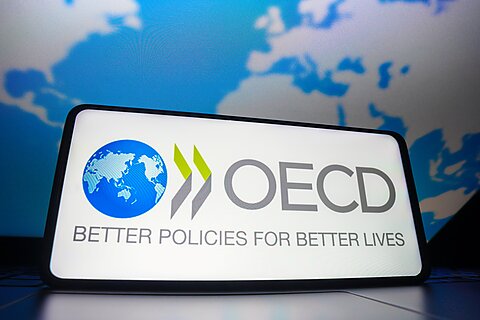
This blog is part of a series on technology innovation and free expression.
Parents and policymakers continue to express concerns about teens and tweens online, particularly in relation to their social media usage. The exact nature of these concerns varies from exposure to specific types of content to the amount of time spent online to more traditional online safety concerns like contact from adult predators. The reality is that young people’s use of social media — like their adult counterparts — is complex and can include both positive and negative experiences.
Around the world and at both a state and federal level in the United States, policymakers have proposed different pieces of legislation that intend to protect young users. But not only do these proposals fail to achieve that goal, they also bring a range of problematic privacy and speech concerns. Unsurprisingly, when challenged, US state laws, including age-appropriate design codes or age verification requirements, have all been enjoined for their potential First Amendment concerns. Such laws are also drastic one-size-fits-all solutions to what are far more nuanced and household-specific concerns.
More recent proposals have focused on the device level rather than the social media apps themselves for age verification. However, this still raises concerns about privacy regarding the collection of such information to have access to speech. Other challenges include the fact that tablets, video game systems, and headsets are often shared by both adults and children in a household, thus requiring repeated verification or limiting adults’ access to content and speech in the process.
So, what might the 119th Congress and state legislatures consider instead if they want to help improve youth online safety? In short, an approach should focus on education and empowerment for teens and parents rather than regulation. This could include further education on the resources already provided by most platforms and by various civil society groups like the Family Online Safety Initiative.
At a state level, policymakers could consider updating existing digital curricula to reflect contemporary challenges, including social media and the use of artificial intelligence. Additionally, much conversation persists around the quality of data and the difficulty in studying the issue. So, rather than rush to regulate or ban technology, both further research and an understanding of why young people choose to be online should be considered. I discuss all of these possibilities in more detail in a 2023 Cato Policy Brief on the topic.





























